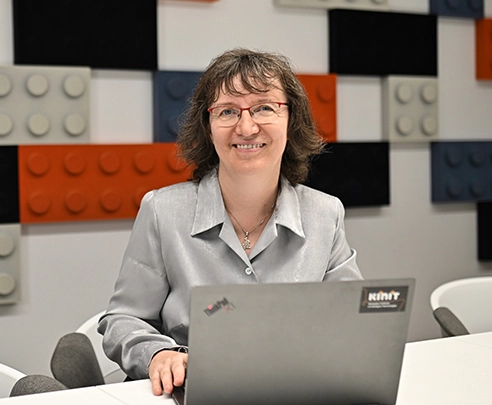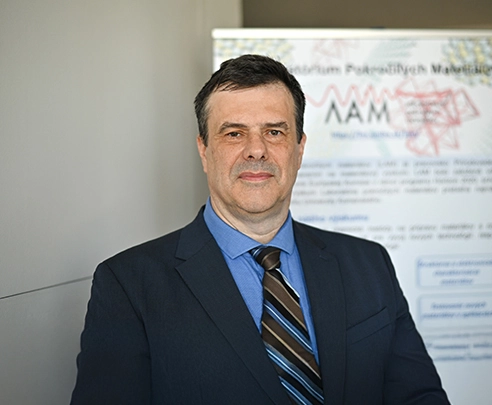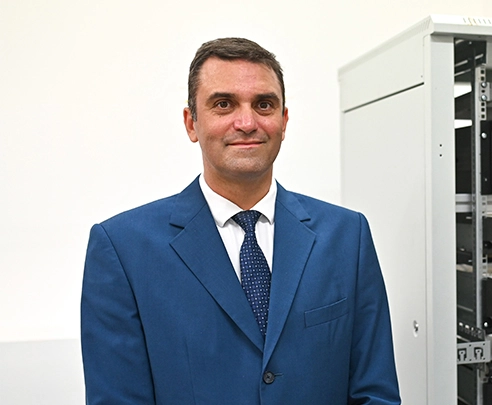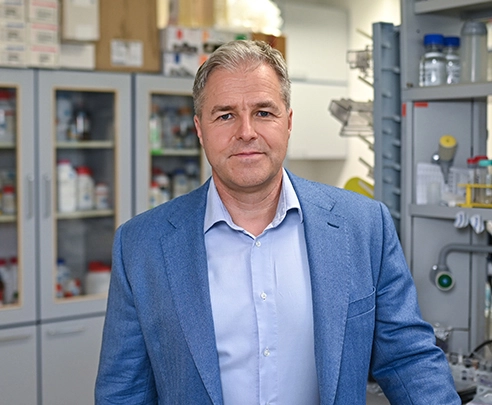Professor Michal Mego divides his working hours between patient care, medical education, and research. He says that science is a great complement to his medical work and helps especially when the treatments available do not work.
Michal Mego is the head of the 2nd Department of Oncology of the Faculty of Medicine of Comenius University and the National Cancer Institute. Before he took assumed leadership in 2017, he worked, among other places, in the USA at the MD Anderson Cancer Center in Texas, one of the largest and highest quality cancer hospitals in the world.
Michal Mego used his overseas experience in 2009 when he founded the Translational Research Unit at the National Cancer Institute. The unit aims to transfer knowledge from basic research to clinical practice and vice versa. Michal Mego and his team have long been involved in research in three areas.
„One area concerns circulating tumour cells in breast cancer, the other deals with testicular cancer, where we look at the differences between patients who have been cured and those whose disease returns. There we try to find new treatment options. The third area concerns the microbiome and probiotic bacteria, which could help cancer patients better cope with treatment side effects,“ he explains.
The work of Michal Mego and his team gives patients with certain types of cancer the opportunity to be part of clinical trials. But the truth is that most trials do not end in success or groundbreaking scientific discoveries. Michal Mego still considers it important to use the studies to give the patients a better chance that the treatment will work. He also views his scientific approach rather positively: „Failure can either frustrate you or, on the contrary, motivate you. You can learn from it, and the information you gain even from a failed study can, if used properly, benefit future research.“
However, he observes the difficult position of science in Slovakia. He sees a lack of long-overdue support and institutionalisation, especially in biomedicine and medical sciences. This should first and foremost be required in university and teaching hospitals. According to him there is a lack of sufficient administrative and technical support, which often forces doctors to work in their spare time, out of their own volition and motivation. „While abroad they have teams to manage clinical trials and collect biological material, doctors here, with the exception of a few workplaces such as the National Cancer Institute in Bratislava, have to manage all these tasks alone, which leads to exhaustion and burnout,“ Michal Mego explains.
Despite the challenging conditions, he and his team continue to work persistently and diligently to produce results. They regularly publish these results in international peer-reviewed journals. The research of the entire team contributes to oncology and has already been recognised with several prestigious awards.
Despite his demanding work in research and medicine, Professor Mego also finds time for leisure activities. He enjoys sports, including biking, working out and playing floorball, and also enjoys reading fiction as well as non-fiction. On top of that, he enjoys hiking and spending time with his family.



